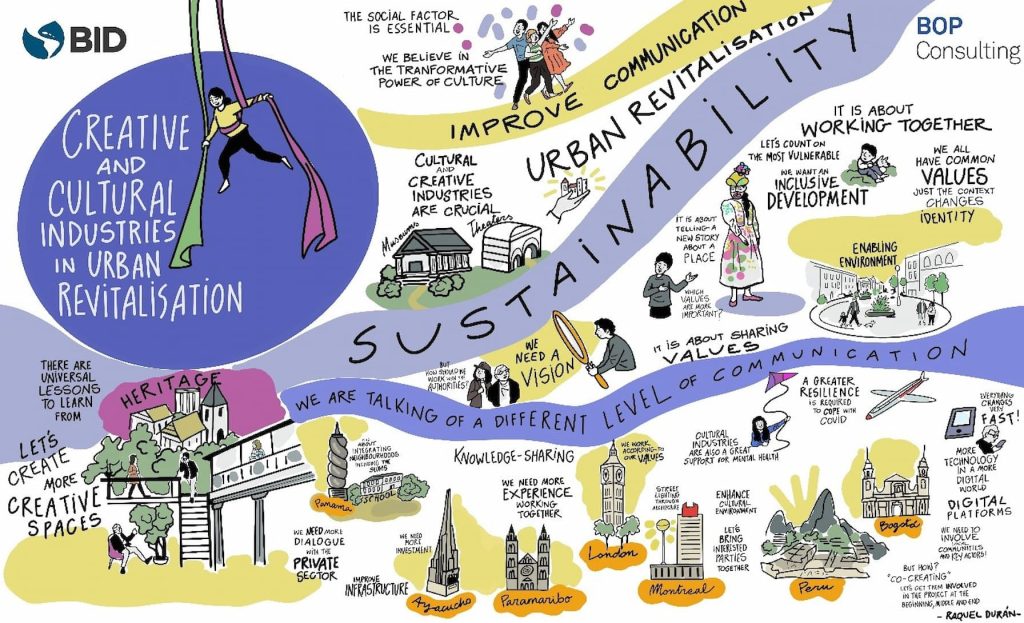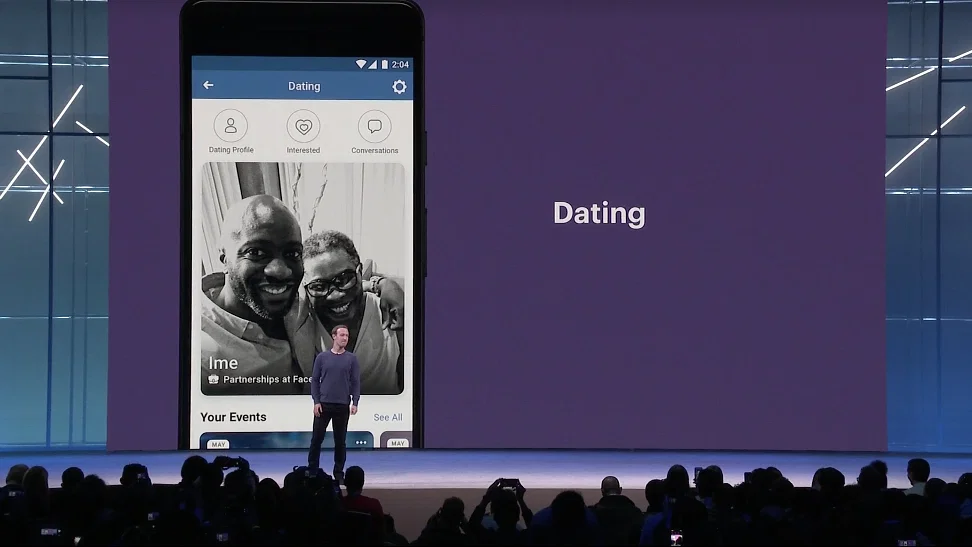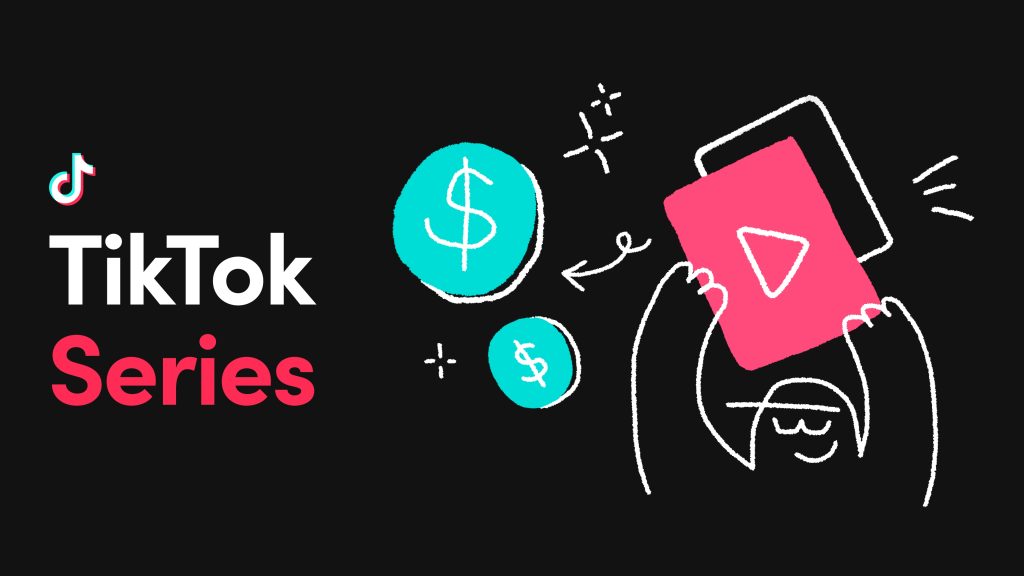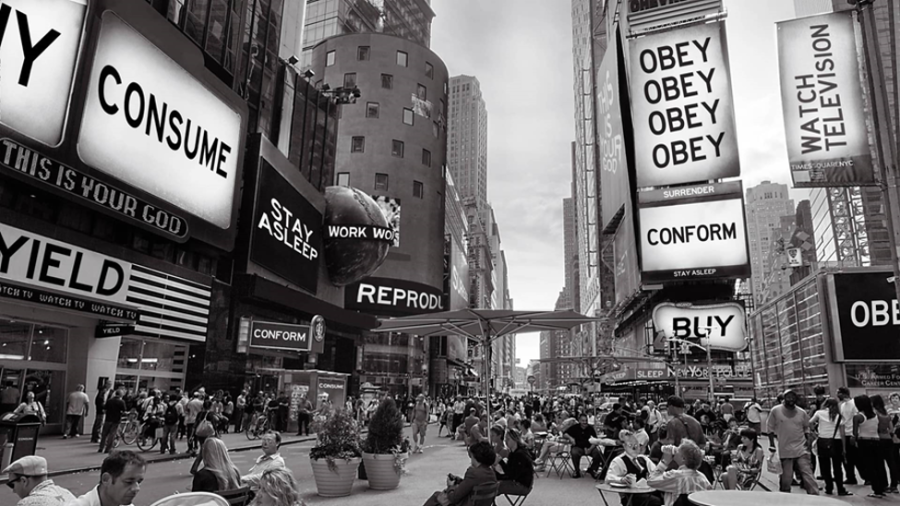What are cultural industries?

The cultural industry is a complex intersection of creation, production and commercialisation. Adorno and Horkheimer called this concept the culture industry.
Its purpose is to differentiate itself from folk culture, which is spontaneously generated by the masses. The cultural industry combines folk culture with high art, more or less with specific intent, for mass consumption, and relies on the capabilities of contemporary technology and the concentration of financial and managerial resources to distribute the products of the cultural industry to the public to the greatest extent possible.
Information flow under Internet algorithms
Yuval Noah, in Brief History Of Mankind, refers to an algorithm as ‘a methodical set of steps that can be used to perform calculations, solve problems, and make decisions. And social media platforms formally use algorithms to capture the attention of millions of people and influence their consumer behaviour.
In 2018, Facebook conducted an internal study and found that their algorithms exploited the natural attraction of fragmented information in the human brain to capture the attention of users and increase the amount of time they spend on the platform by offering more and more fragmented content.

Therefore, Adorno states it as a cycle of manipulation of demand and recall of demand. The more powerful the system becomes, the more it can handle consumer demand.
TikTok

Features such as Tiktok’s autoplay, infinite scrolling and personalised timeline capitalise on the human brain’s attraction to fragmented information, making tiktok an online marketplace that maximises users, which in turn enables the platform to sell and bring in more advertising
However, Tiktok’s algorithms drive more emotional resonance by providing us with disinterested content often filled with highly emotional moral content, provocative topics.
Therefore, although people will find their useful content in products such as Tiktok and disseminate it through algorithms, they will always spend their time looking for useless information in front of the massive amount of information, which leads to the ‘death of entertainment’ for human beings.
As Adorno said, the ‘novelty’ of the cultural industry is in fact the exclusion of the new, making the machine spin in the same place. When deciding to consume, one excludes the risk of not trying.
References:
Adorno, T.W. and Bernstein, J.M. (2010) The culture industry : selected essays on mass culture. London ; New York: Routledge.
Gómez-Diago, G., (2016) The role of shared emotions in the construction of the cyberculture: From cultural industries to cultural actions: The case of crowdfunding. In Emotions, technology, and social media (pp. 49-62). Academic Press.
Harari, Y.N., Purcell, J. and Haim Watzman (2014) Sapiens : a brief history of humankind. London: Harvill Secker.
Nast, C. (2020) Facebook Knows It’s Engineered to ‘Exploit the Human Brain’s Attraction to Divisiveness’. [online] GQ. Available at: https://www.gq.com/story/facebook-spare-the-share (Accessed: 22 October 2024).
Taylor, J. (2024) TikTok’s algorithm is highly sensitive – and could send you down a hate-filled rabbit hole before you know it. [online] the Guardian. Available at: https://www.theguardian.com/technology/article/2024/jul/27/tiktoks-algorithm-is-highly-sensitive-and-could-send-you-down-a-hate-filled-rabbit-hole-before-you-know-it (Accessed: 22 October 2024).


Interesting post. I noticed that you used a lot of research to provide the rigor of this blog post and discussed in depth how Internet information flow works as part of the cultural industry. You mentioned that TikTok’s algorithm helps with more emotional empathy, which I think is very similar to the information cocoon theory, very interesting idea.Have you thought about how to break the cocoon of information, or do you think this algorithm is good for us?
Thanks for your comment!
I think breaking up ‘cocoon’ implies a way to find a wider range of information and opinions, as algorithms usually only prioritise content that matches what they’ve been exposed to before. It is possible to manually add diverse sources, for example – actively looking for content that challenges our views or represents a different opinion. Some platforms such as tiktok or Little Red Book offer settings to adjust algorithm preferences, so we can encourage diversity by interacting with different types of content.
Secondly algorithms can help us filter useful content and save search time. I think taking advantage of the convenience of algorithms, but not relying on them exclusively for information, is by far the biggest help algorithms can be to society.
The article makes me understand that the influence of cultural industry on today’s society has both advantages and disadvantages. I think it amounts to a kind of assimilation paralysis. For example, the Hollywood movies Avatar and the Little Mermaid remake sequel, is a kind of selling feelings, assembly line photography performance. Can’t hold out for too long!
Is it not ironic that we scroll for new stuff, yet we fall into the same loop; that we look for adventure in a maze that only leads us right back into the beginning?